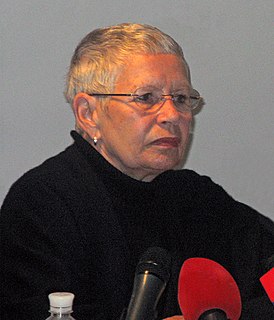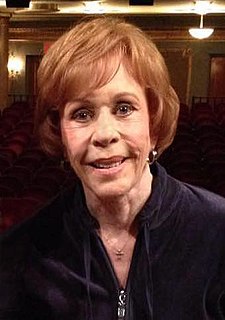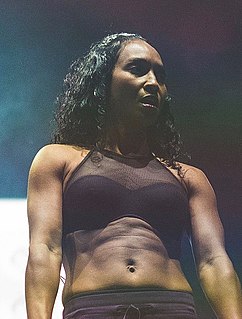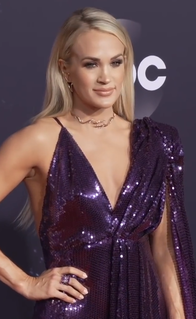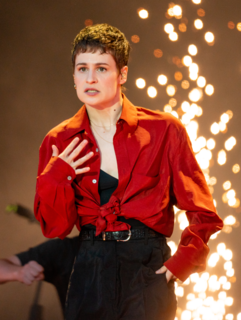A Quote by Astrid Kirchherr
We knew of Sartre and we dressed like the French existentialists. Our philosophy then, and remember we were only little kids, was more in following their looks than their thoughts. We were going around looking moody.
Related Quotes
I think it's more difficult writing what it's like to be a child. You can pretend you know what it's like, but you don't really know. The only parts I can remember is that the adults were like, "Aren't they cute?" But when you're little you're looking at the other kids like they're your colleagues. They're not like, "Oh, we're all cute little kids." They're more like your office acquaintances. It's very hard to grasp the memories of what it actually was like to be a kid.
I didn't like what was on TV in terms of sitcoms?it had nothing to do with the color of them?I just didn't like any of them. I saw little kids, let's say 6 or 7 years old, white kids, black kids. And the way they were addressing the father or the mother, the writers had turned things around, so the little children were smarter than the parent or the caregiver. They were just not funny to me. I felt that it was manipulative and the audience was looking at something that had no responsibility to the family.
I remember the first joke that I made, which went over terribly. I was at my cousin's birthday party in Brooklyn. I was a little kid and she was a little older. They were going around introducing themselves; I was probably four, and I was very eager to impress all of these older New York kids. They went down the line and were like, "I'm Jake," "I'm Jane," "I'm Silvia," and I said, "I'm hungry," because I thought that was really going to bring the house down.
I was in California, and I was going to UCLA, and I knew I certainly didn't have movie star looks. I remember seeing pictures and photos of Ethel Merman and Mary Martin, who were kind of average looking. I said, 'Well, that's for me, then, to go back to New York and try to be in musical comedy on Broadway.'
I remember one letter from a girl in a midwestern town who read one of my books and thought she had discovered it- that no one had ever read it or knew about it. Then one day in her local library she found cards for one or two of my other books. They were full of names- the books were borrowed all the time. She resented this a bit and then walked around the town looking in everybody's face and wondering if they were the ones who were reading my books. That is someone I write for.
I was keen to dispel a familiar misunderstanding: that existentialists somehow relish the alienation of human beings from the world. This may have been Camus's attitude, but it was certainly not that of Heidegger, Sartre and Merleau-Ponty, each of whom tried to show that we can only experience the world in relation to our own projects and purposes. The world is initially one of 'equipment', said Heidegger: it is a world of 'tasks', said Sartre.
I was on Facebook. I was on MySpace. And somebody said to me, You should check out this thing called Twitter. I knew five people that were on it, so I started following those people and seeing what they were doing, and then I applied my own sensibility to it. The more that I shared, the more people started following me.
Happiness is not like we were walking around fingering razor blades or anything like that. But it just sort of seems as if - we sort of knew how happy our parents were, and we would compare our lives with our parents and see that, at least on the surface or according to the criteria that the culture lays down for a successful, happy life, we were actually doing better than a lot of them were.
It's a common mistake for vacationing Americans to assume that everyone around them is French and therefore speaks no English whatsoever. [...] An experienced traveler could have told by looking at my shoes that I wasn't French. And even if I were French, it's not as if English is some mysterious tribal dialect spoken only by anthropologists and a small population of cannibals.
I remember once walking out hand in hand with a boy I knew, and it was summer, and suddenly before us was a field of gold. Gold as far as you could see. We knew we'd be rich forever. We filled our pockets and our hair. We were rolled in gold. We ran through the field laughing and our legs and feet were coated in yellow dust, so that we were like golden statues or golden gods. He kissed my feet, the boy I was with, and when he smiled, he had a gold tooth. It was only a field of buttercups, but we were young.
